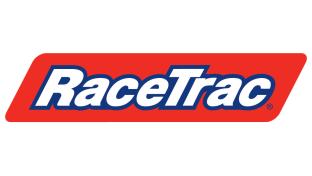CSA Retail Buzz
Chain Store Age is excited to announce the launch of CSA Retail Buzz, a new video series designed to provide insights and observations on the trends and innovations shaping retail.
Trending
Subscribe to our Newsletters
Subscribe to Chain Store Age editorial newsletters and get all the latest industry news and reports in your inbox.
From finance and technology to store expansion and real estate, we've got you covered.
-
- 4/12/2024
How Amazon and Target are shaking up frictionless checkout
A recent decision by Amazon has changed the landscape for cashierless checkout. - 4/5/2024
The Month in Retail Technology: March update
Retailers in March focused technology efforts in areas including artificial intelligence (AI) and social media.
- 4/12/2024
-
- 4/15/2024
From Mandate to Mainstream: The Role of RFID in Retail Innovation
The retail industry has evolved dramatically over the past decade and has seen more foundational changes than it saw in the last century, only expedited by COVID-19. - 10/18/2023
Why Your Restaurant Needs a Grease Trap Preventative Maintenance Plan
It is essential for restaurants to have a preventative maintenance plan in place for fat, oil, and grease (FOG).
- 4/15/2024




























